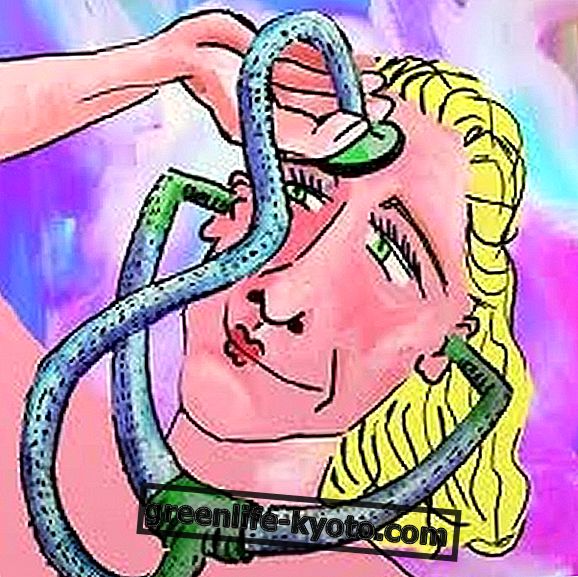
Natural remedies for not snoring vary depending on the causes that cause this discomfort. The snoring, or more simply the pathology of snoring, is contemplated between sleep disorders, and it is not only a harmless nuisance, but a disease that affects indifferently without distinction of sex and age and that among the various consequences brings with it hypertension and heart disease .
During sleep, the weakening of the throat muscle tone and the retraction of the back of the tongue reduce the size of the cavity through which the air passes, causing turbulence and vibration of the flexible palate and pharynx area, causing snoring . Without taking into account the discomfort caused to others, snoring can give rise to a more serious obstruction of the air passage, characterized by respiratory pauses of variable intensity.
This more serious pathology, called sleep apnea, or obstructive sleep apnea, can be caused by some factors such as: overweight, alcohol, tobacco, sleeping pills and tranquilizers, before bed, an incorrect position (the supine position) during sleep, great tiredness, sinusitis and colds.
How to prevent snoring in pregnancy?
Natural remedies for not snoring
Among the main natural remedies for not snoring used in phytotherapy is perilla or basil of China ( Perilla frutescens ) is an aromatic plant belonging to the Lamiaceae family, just like "our" basil.
From the seeds an oil is also extracted which has been found to have considerable importance in the field of natural medicine as they are rich in omega 3 and omega 6 acids and flavonic complexes. Above all these last active ingredients make perilla an exceptional plant against allergies. Recently the use of Perilla frutescens has also been recommended against snoring.
It is a very annoying phenomenon, especially for those who suffer it, and it is studied by a specific branch of medicine which is the roncology . The richness of polyunsaturated fatty acids combined with the antiallergic and anti-inflammatory effect of perilla seeds, makes it likely that with the help of this plant we will finally be able to sleep peacefully. This plant is in the form of a dietary supplement in pearls and the recommended dosage is usually 1-2 per day.
If the cause is overweight, instead we will have to act on its reduction thanks to the slimming herbs that are used in phytotherapy for weight control. These natural remedies often have the dual function of acting on weight loss and detoxifying the body, especially when you eat badly or use alcoholic beverages, tobacco or drugs.
When the stuffy nose due to sinusitis or cold does not allow us a peaceful sleep, neither us nor those who sleep next to us, balsamic essential oils can act positively by virtue of their fluidifying and expectorant action on the phlegm. In this way they offer immediate relief to the inflamed nose, favoring breathing.
This particular type of essences plays a decongestant action on the nasal mucosa, it goes to fluidify and facilitate the removal of mucus and phlegm.
Balsamic essential oils can be used through environmental diffusion in the bedroom, before going to sleep, favoring good breathing during sleep.













